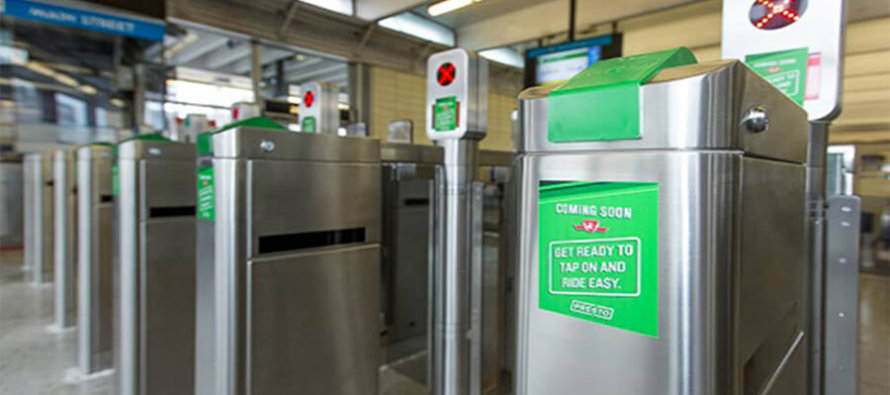TTC: from Sunday in force the transport system that allows you not to pay within two hours

The new TTC two-hour transfer policy will officially come into force on Sunday, allowing card holders Presto to use the transport system for a maximum of two hours after payment of the fare.
Previously, the TTC transfer policy stated that riders could only use a transfer for a “one-way continuous journey”, so if they changed direction or stopped quickly somewhere, they would be forced to pay another rate.
With this transfer, customers can get on and off the TTC, they can change direction within a two-hour period and will not be charged at another rate, “TTC spokesman Heather Brown told CP24 on Friday.” The first time they enter the system, the fare will be deducted and the transfer will be applied to their card. The next touches within the two-hour period will simply confirm that the transfer is on their card and travel in the direction they want. ”
Brown stated that one of the main reasons for the introduction of the two-hour transfer was to convince more people to start using Soon with a view to eliminating the token by the end of 2019.
He said that the two-hour period was regulated because those involved in the decision believed they had provided “a reasonable amount of time” to the cyclists to participate in the appointments and complete the commissions.
“It is actually about helping to make transit more flexible and accessible to people,” he said.
According to a November staff report, the introduction of the two-hour transfer policy will cost 11.1 million TTC in 2018 and 20.9 million dollars by 2020.
The staff report says the loss of revenue is largely due to the expected 4 percent drop in the rates of the pads using Presto.
The report, however, said that policy should not be viewed “simply as an additional expense” and should instead be considered as part of a “broader ridiculous growth strategy”, as it will be responsible for around 5 million trips additional per year.

